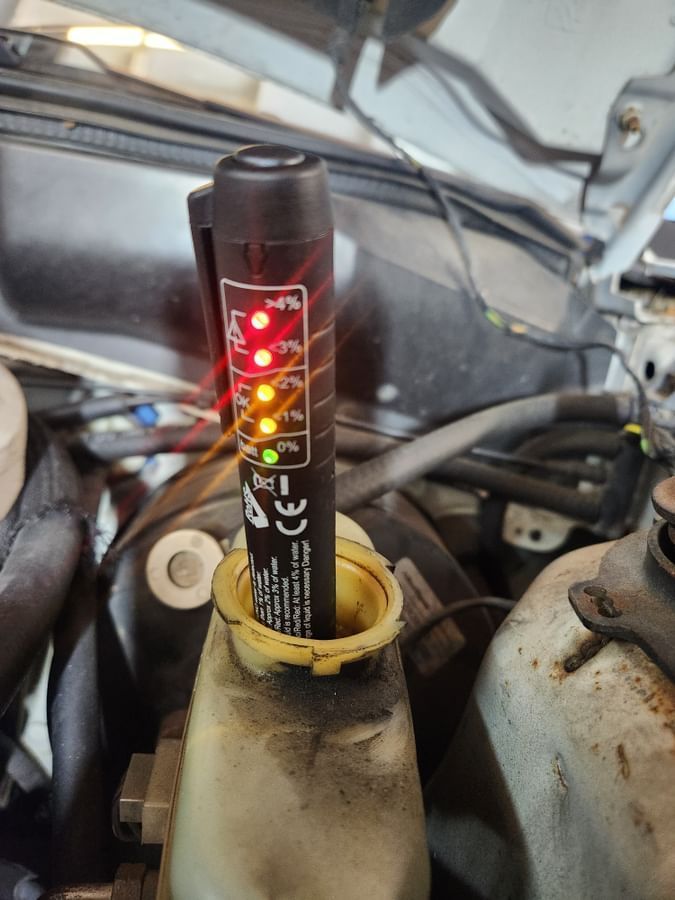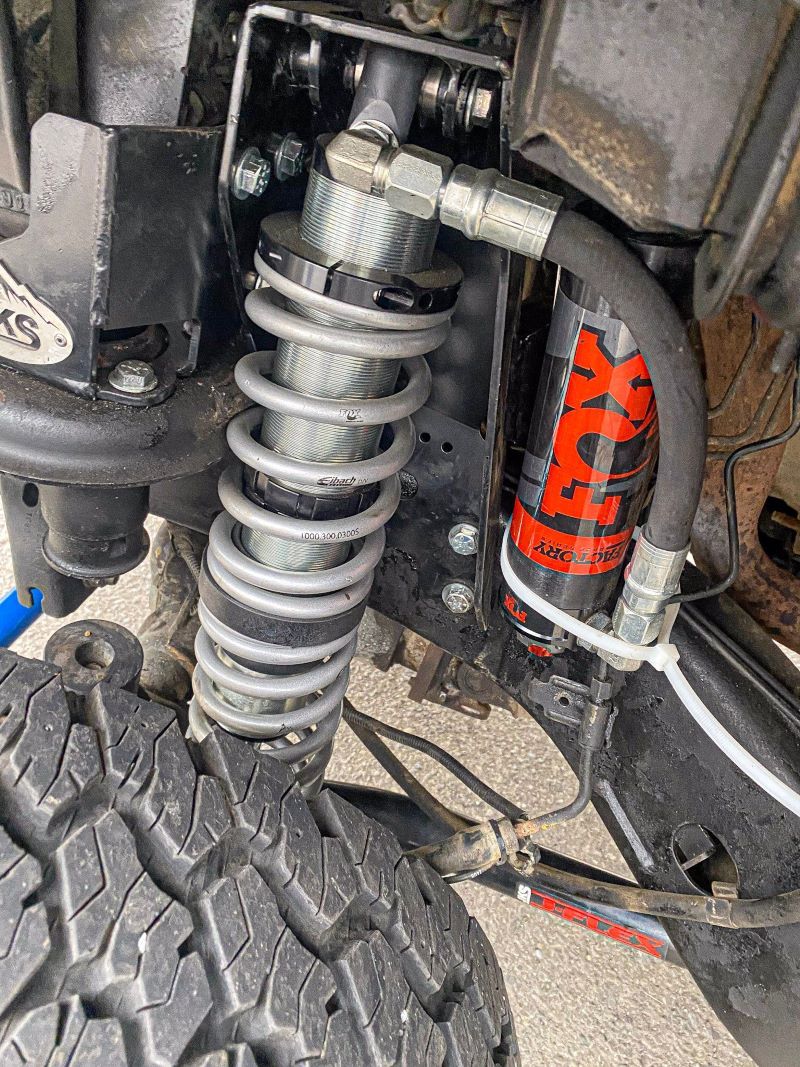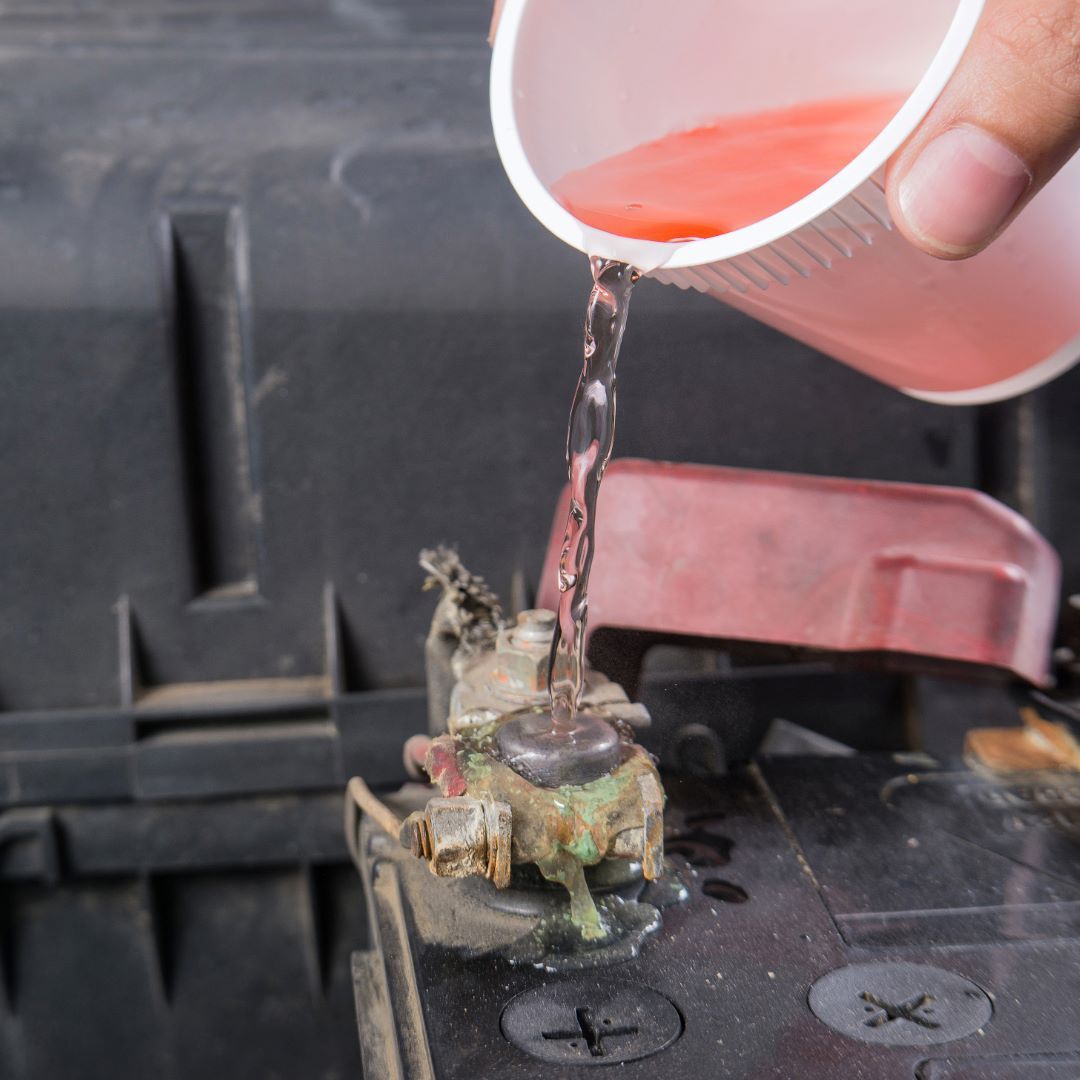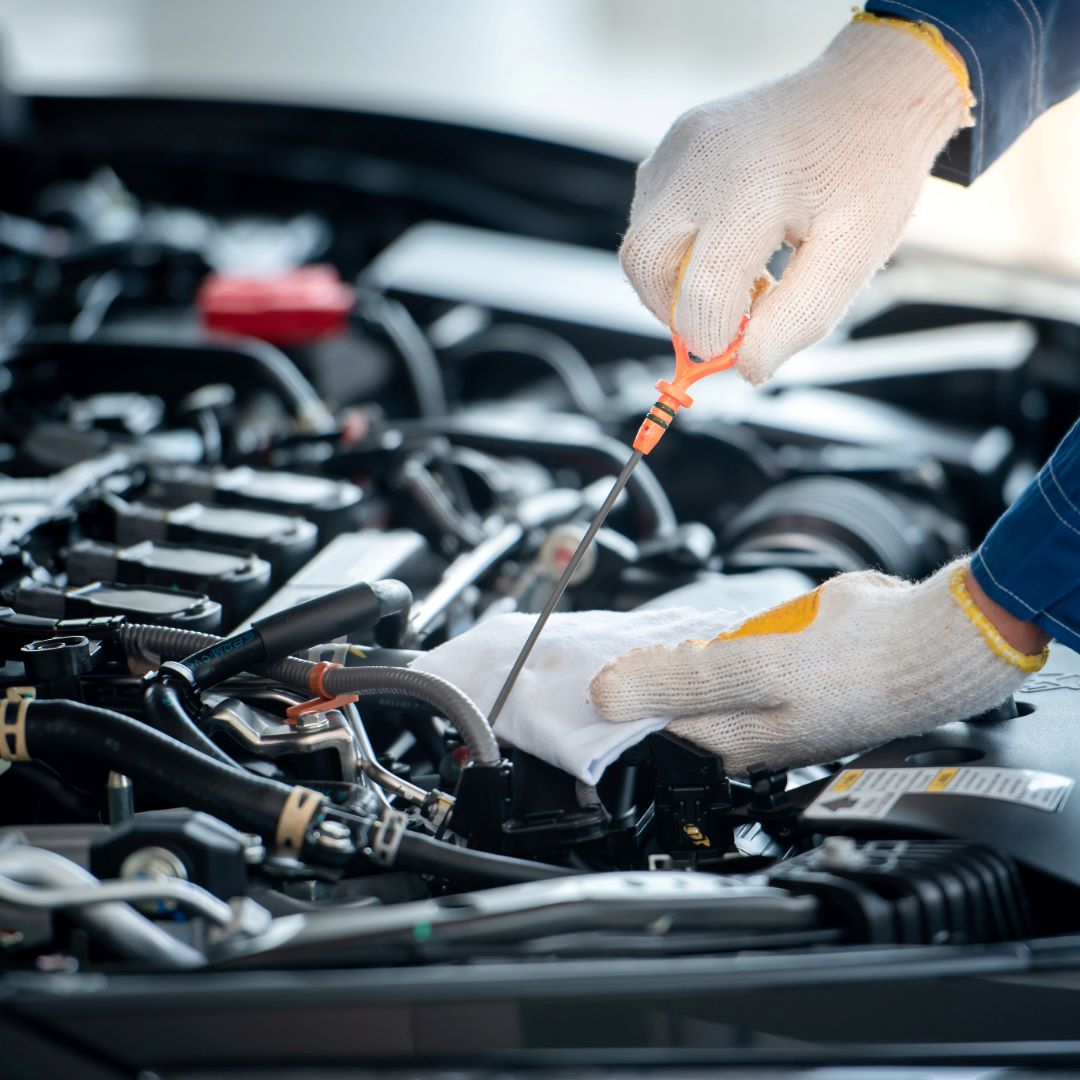How Propane Conversions Work
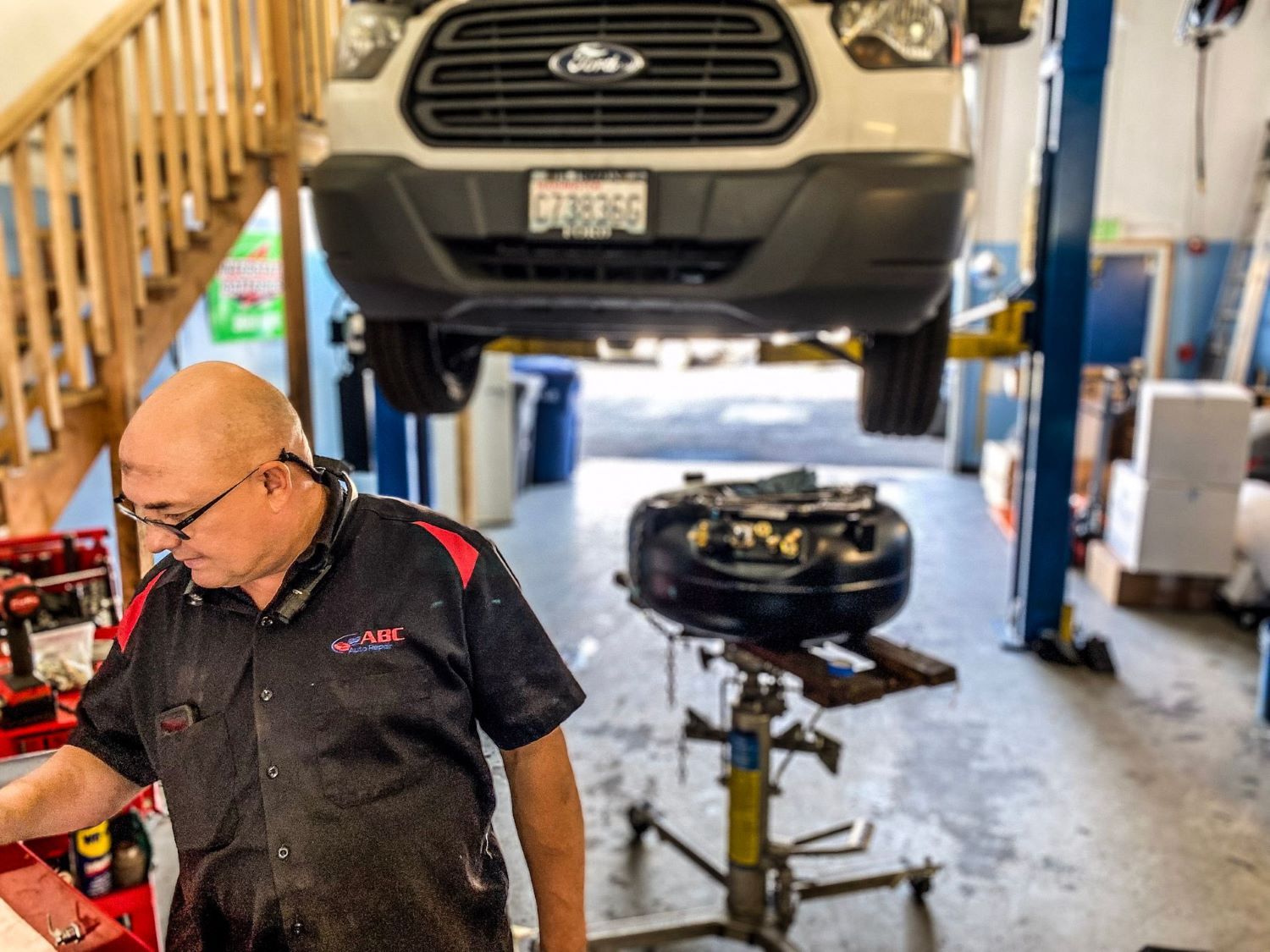
How Propane Conversions Work for Fleet Vehicles | ABC Auto Repair Burien
Switching your fleet vehicles to run on propane is far more straightforward than most people think. In fact, the engine itself doesn’t need to be replaced or heavily modified. The key change lies in how fuel is stored and delivered to the combustion chamber.
Understanding Propane Combustion
At the heart of every internal combustion engine is a carefully timed series of mini-explosions that generate power. These controlled explosions occur in the combustion chamber, igniting vaporized fuel to create force that drives the pistons. The pistons, in turn, rotate the crankshaft ultimately powering the wheels.
A vehicle’s fuel injection system is responsible for delivering precise amounts of fuel into the combustion chamber. In a propane-powered vehicle, that system is optimized to inject vaporized propane instead of gasoline.
What the Conversion Involves
To convert your vehicle to propane, only a few key components need to be changed:
- A new propane-compatible fuel tank
- New fuel delivery lines
- New fuel rails and injectors
- An engine control module tuned for propane's air-to-fuel ratio
Importantly, major systems like the engine, transmission, and ignition do not need modification. Your vehicle will run almost identically to how it did before, just on a different fuel source.
Fuel Economy and Costs
While propane has a higher-octane rating (104–110) than standard gasoline (87–92), it contains slightly less energy per gallon. This usually translates to about a 10% reduction in miles per gallon (MPG).
But that minor drop in MPG is easily offset by the 30–50% lower cost of propane compared to gasoline. Additionally, reduced maintenance costs and fewer visits to the shop further improve the overall ROI, especially for commercial vehicles like Mercedes Sprinter vans, GMC Savana work trucks, or Mitsubishi Fuso fleet vehicles.
Cleaner Combustion, Lower Maintenance
One of propane’s biggest advantages is how cleanly it burns. Compared to gasoline, propane produces:
- Fewer carbon deposits
- Lower emissions
- Less wear on engine components
That cleaner burn extends the life of motor oil, spark plugs, and injectors. While it's difficult to assign an exact dollar value to these maintenance savings, fleet operators often notice longer intervals between repairs and fluid changes.
Convert Your Fleet to Propane in Burien
At ABC Auto Repair in Burien, we specialize in propane conversions and ongoing service for propane-powered vehicles. We currently support commercial fleets operating around Sea-Tac Airport and are equipped to handle everything from single conversions to entire fleet transitions.

